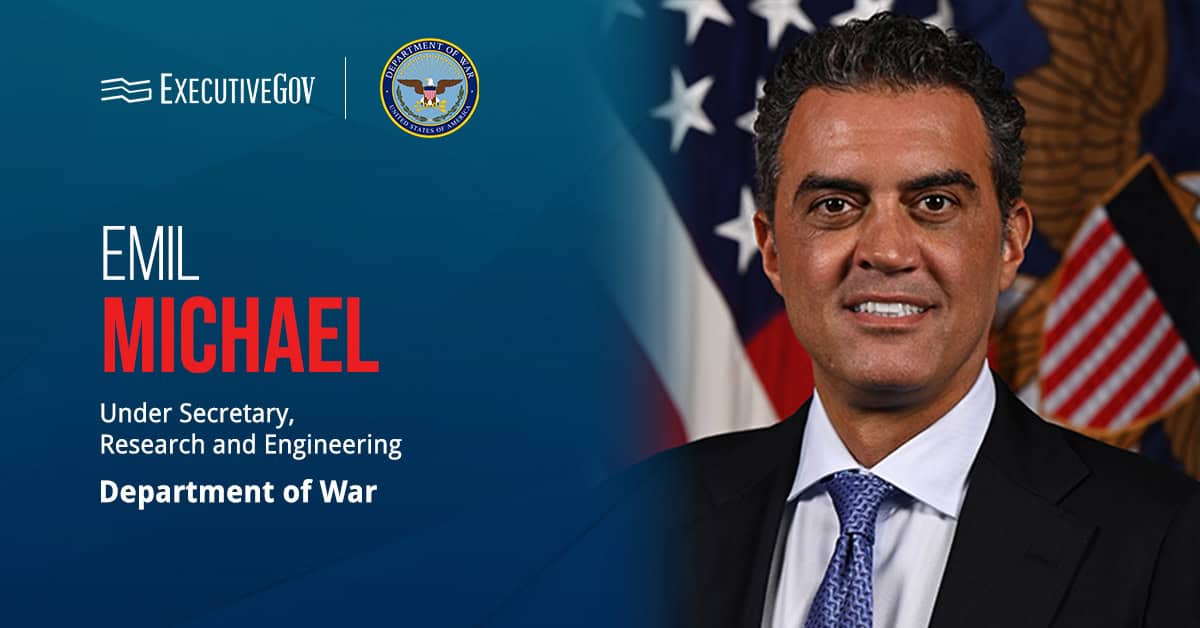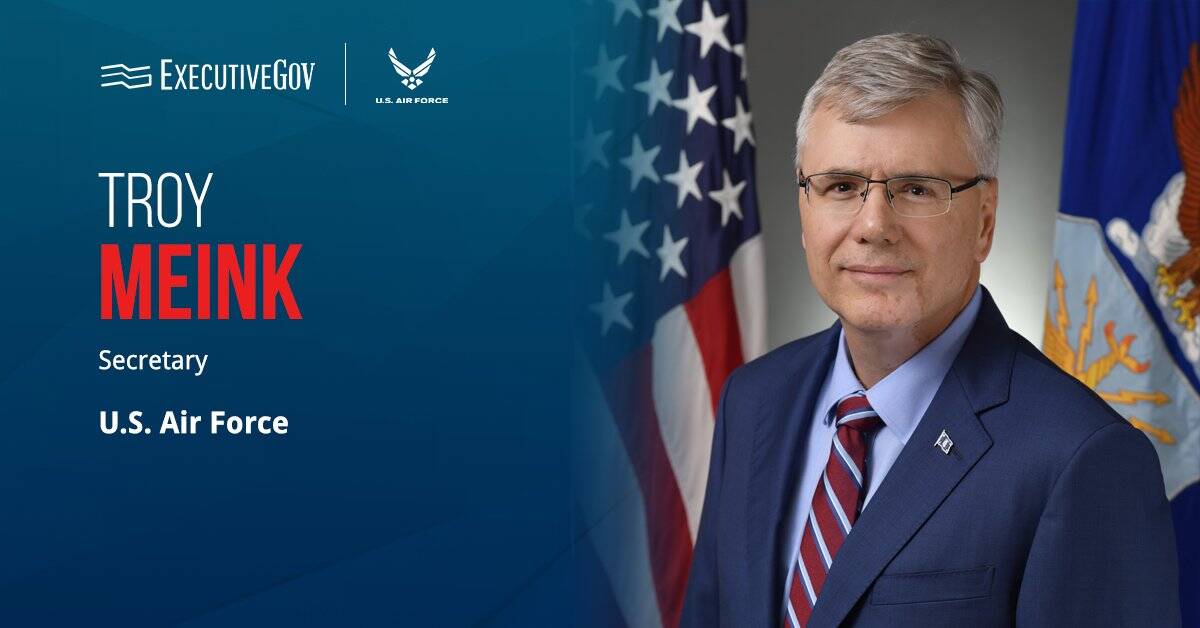The Department of Energy (DOE) intends to award $122 million in funds to support research and development activities on rare earth elements and critical minerals.
DOE said Tuesday it seeks to assess the potential of natural resources across basins in the U.S. to drive regional economic growth as part of the Carbon Ore, Rare Earth, and Critical Minerals program.
Dan Brouillette, DOE secretary, said the potential awardees will validate commercial opportunities for coal and build feasible domestic supplies of natural resources.
The funding effort will run in three phases and eyes the participation of government personnel, industry and the academe. The National Energy Technology Laboratory will hold a webinar on Oct. 1 to discuss more details in line with the program.





